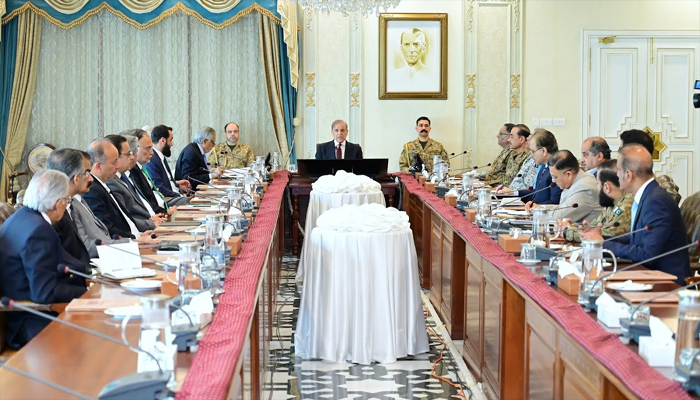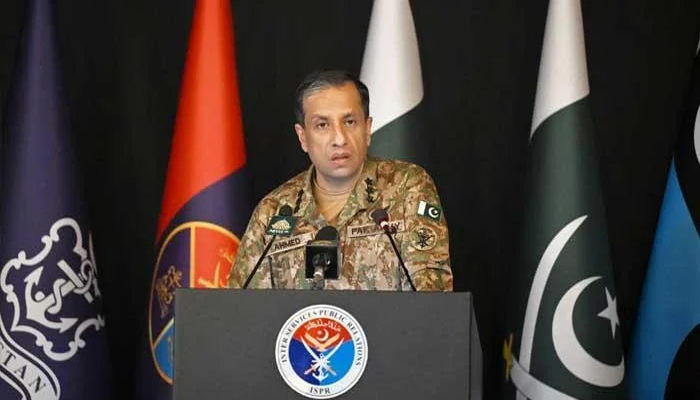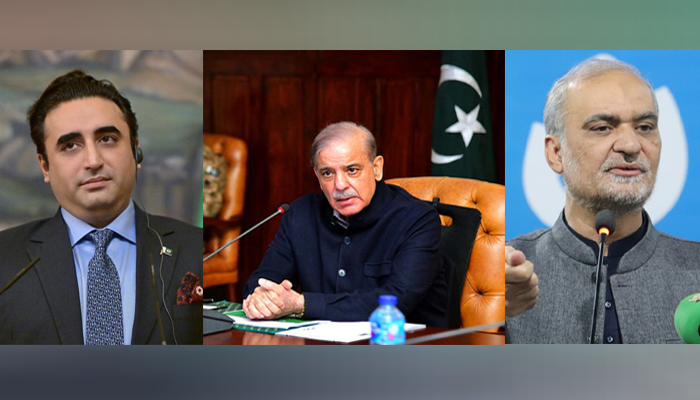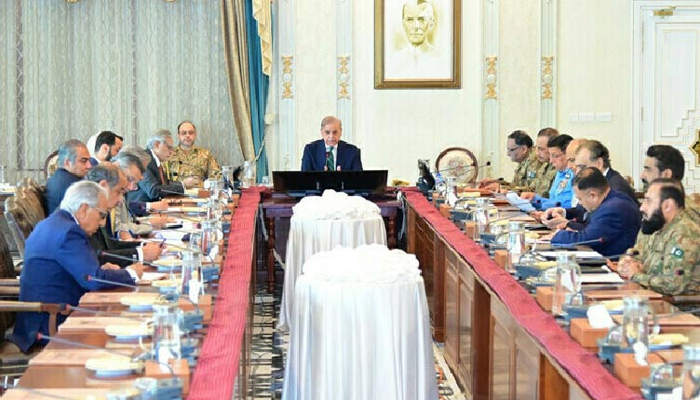ISLAMABAD: In a high-level emergency meeting on Wednesday, the National Security Committee (NSC) of Pakistan authorised the armed forces to respond decisively to recent Indian airstrikes, stating that retaliation would come “at a time, place, and manner of Pakistan’s own choosing.” The decision follows what Islamabad has termed “unprovoked and unlawful” Indian aggression against civilian areas in Punjab and Azad Jammu and Kashmir (AJK).
The NSC declared that the Indian strikes — carried out overnight on May 6–7 — represented a blatant violation of Pakistan’s sovereignty and international law. The attacks reportedly involved missiles, drones, and fighter aircraft targeting cities including Sialkot, Shakargarh, Muridke, Bahawalpur, Kotli, and Muzaffarabad.
According to the NSC’s statement, the Indian military action was launched on the false pretext of destroying terrorist camps, which Pakistan has vehemently denied exist. The statement also reaffirmed Pakistan’s right to self-defence under Article 51 of the United Nations Charter.
“These unprovoked and unjustified attacks deliberately targeted civilian areas, resulting in the martyrdom of innocent men, women, and children,” the NSC noted. Civilian infrastructure, including mosques and the Neelum-Jhelum Hydropower Project, was also damaged.
The attacks endangered international civil aviation, with 57 commercial flights passing through Pakistani airspace during the assault. The NSC termed the strikes “cowardly acts of war” and warned that they threatened to destabilise the region.
Pakistan Air Force responded defensively, downing five Indian fighter jets and a drone, according to military officials. The country’s leadership vowed to meet any future provocation with appropriate force, stressing that restraint should not be mistaken for weakness.
Director General of Inter-Services Public Relations (DG ISPR) Lieutenant General Ahmed Sharif Chaudhry disclosed that 26 civilians had been martyred and 46 injured in the attacks. Among the dead were women and children, including two three-year-old girls in Bahawalpur. Strikes also hit mosques in Muzaffarabad and Kotli, resulting in additional casualties.
Lt Gen Chaudhry condemned India’s targeting of the Nauseri Dam, part of the critical Neelum-Jhelum Hydropower Project, calling it a “dangerous escalation” with serious humanitarian and environmental implications. He emphasised that such targeting of water infrastructure constitutes a grave breach of international law.
He further added that Indian forces along the Line of Control opened fire on civilian populations, resulting in five more deaths, including that of a five-year-old child. No Pakistani aircraft violated Indian airspace during the response, he clarified.
Calling on the international community, the NSC urged global powers and institutions to hold India accountable and prevent further regional destabilisation. “India’s deliberate provocation risks a wider conflict,” the statement warned.
As tensions escalate, Pakistan’s leadership reaffirmed its resolve to protect national sovereignty and civilian lives, reiterating that a response — calibrated but firm — will come in due course.









